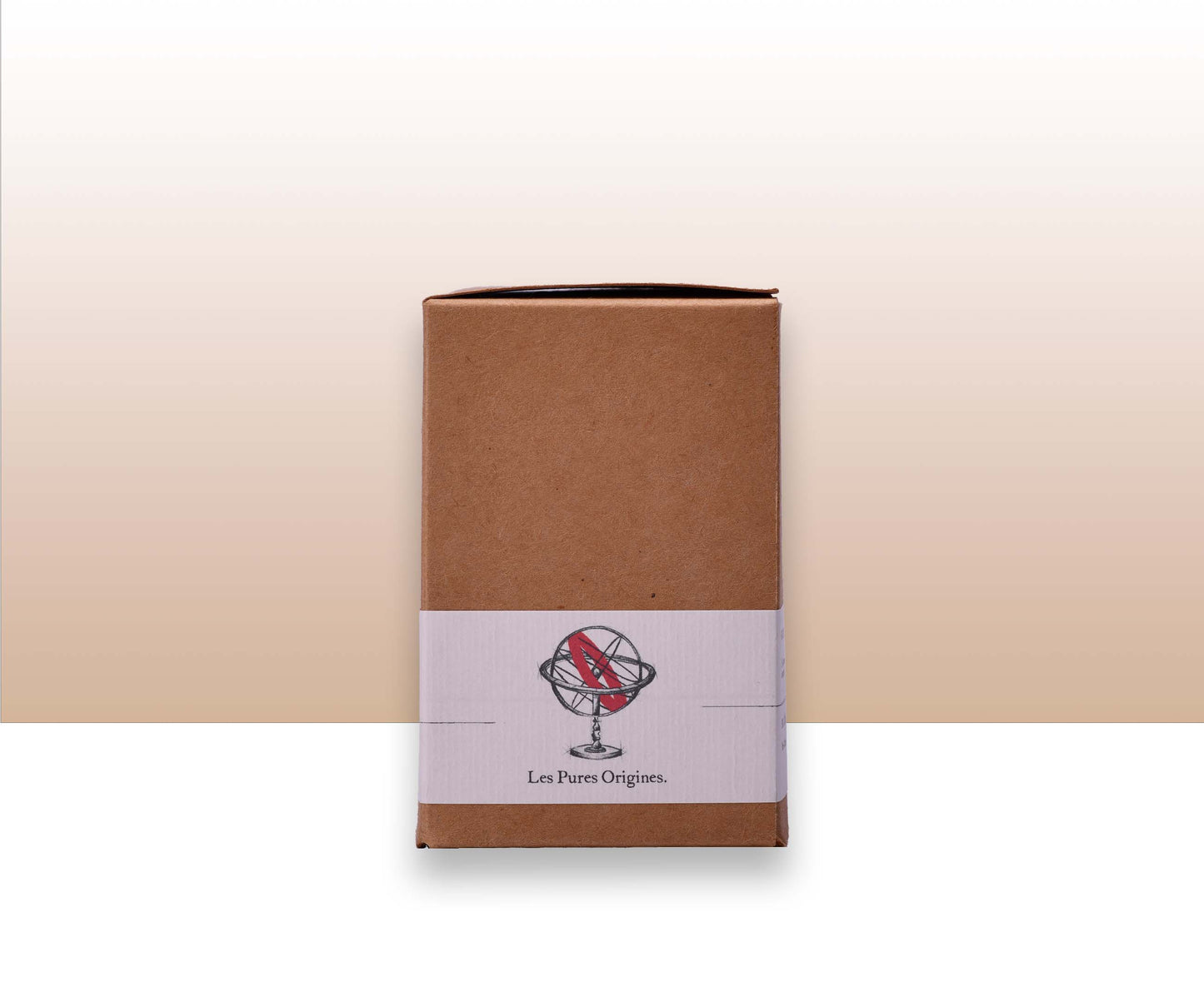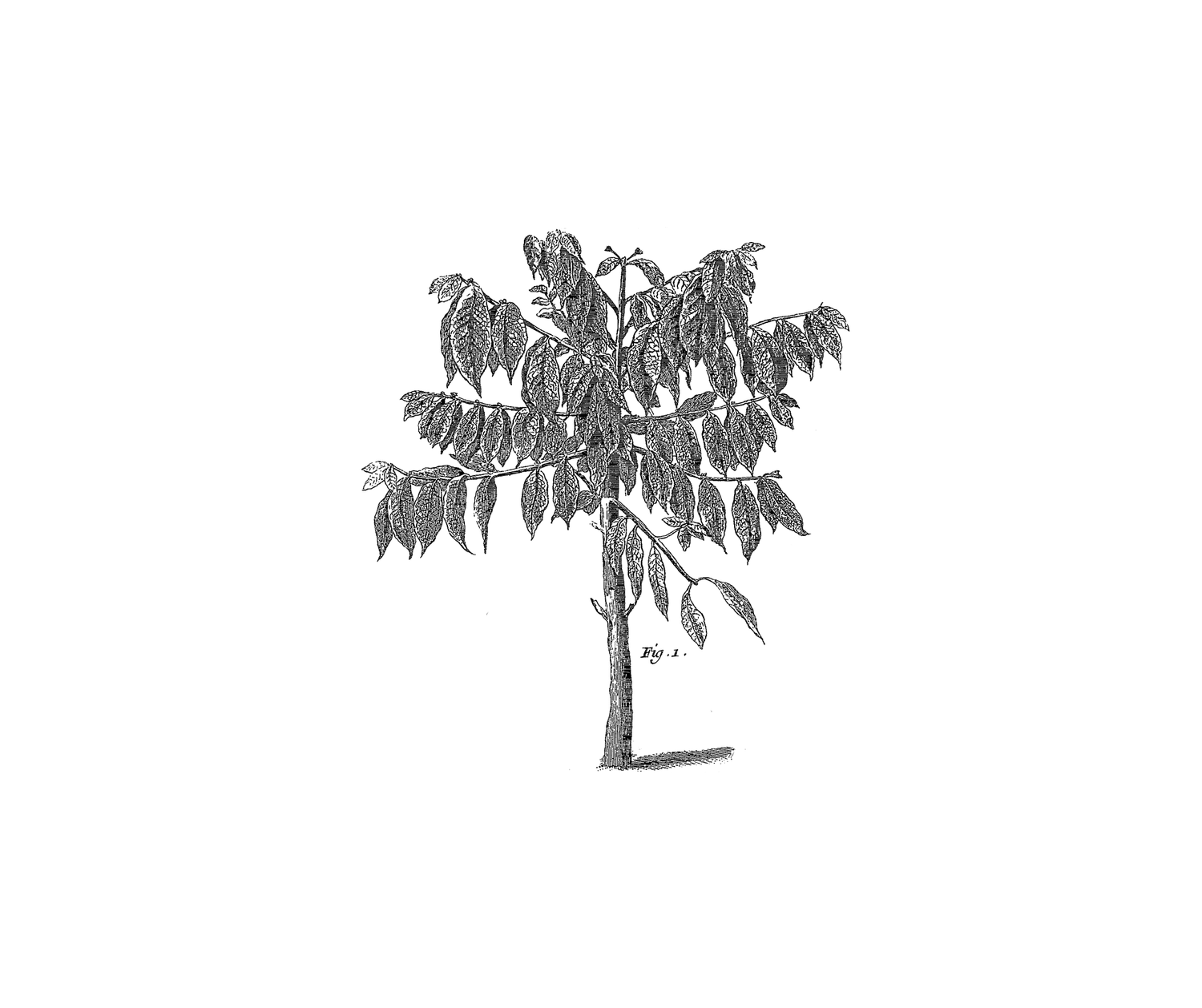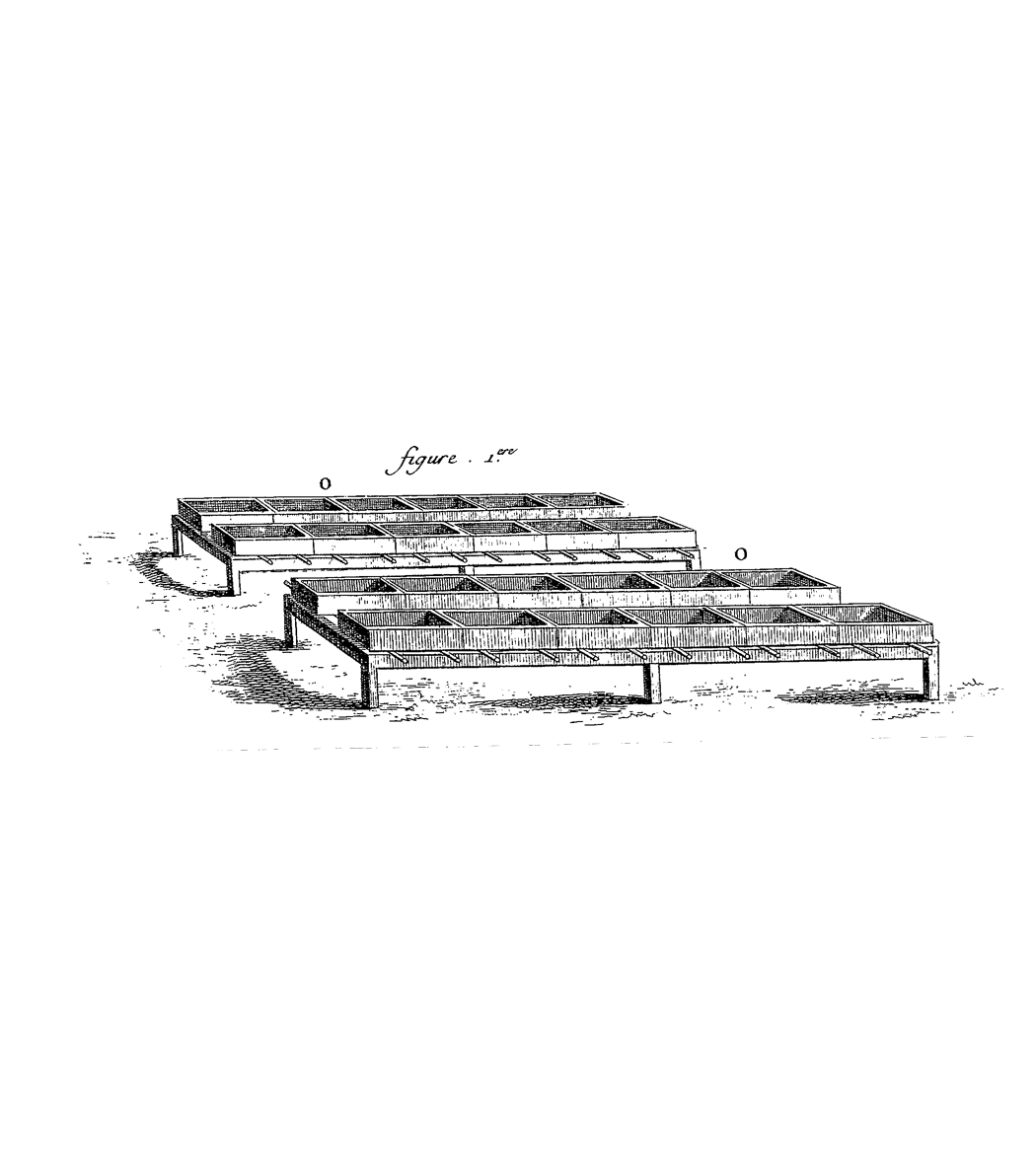PURE ORIGINS
Subtle - Washed Guatemala
Subtle - Washed Guatemala
What does this price correspond to?
What does this price correspond to?
For comparison:
55€/kg : price frequently charged by large retailers for coffee capsules of different brands
85€/kg : average price charged by a high-end brand of capsules not available in supermarkets
Aromas of baked apple and caramel, you could almost believe you were in Brittany (with a little imagination).
NB: From 3 packs of 250g, an optimized cardboard box arrives at your home, meaning better management of carbon emissions during delivery.
Couldn't load pickup availability
The Suave
Adj. Having an exquisite, delicious sweetness.
- Varieties : Red Bourbon.
- Treatment process : Washed
- Altitude : 1,700m
- Harvest period : March - June.
- Tasting notes : Milk chocolate, brown sugar, honey.
- SCA rating : 86/100
- Complexity Level : Medium to High.
- Acidity : Medium
- Body / power : Velvety



Nf - Recommended recipe

Nm - Terroir

Nm - Producer

Nf - Varieties




